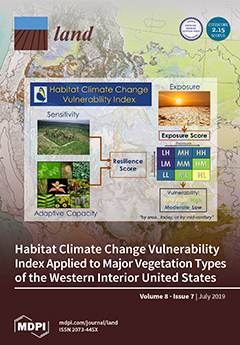Resource information
Recent debates in social anthropology on land acquisitions highlight the need to go further back in history in order to analyse their impacts on local livelihoods. The debate over the commons in economic and ecological anthropology helps us understand some of today’s dynamics by looking at precolonial common property institutions and the way they were transformed by Western colonization to state property and then, later in the age of neoliberalism, to privatization and open access. This paper focuses on Africa and refers to the work of critical scholars who show that traditional land tenure was misinterpreted as customary tenure without full property rights, while a broader literature on the commons shows that common-pool resources (pasture, fisheries, wildlife, forestry etc.) have been effectively managed by locally-developed common property institutions. This misinterpretation continues to function as a legacy in both juridical and popular senses. Moreover, the transformation of political systems and the notion of customary land tenure produced effects of central importance for today’s investment context. During colonial times a policy of indirect rule based on new elites was created to manage customary lands of so-called native groups who could use the land as long as it was of no value to the state. However, this land formally remained in the hands of the state, which also claimed to manage common-pool resources through state institutions. The neoliberal policies that are now demanded by donor agencies have had two consequences for land and land-related common-pool resources. On the one hand, states often lack the financial means to enforce their own natural resource legislation and this has led to de facto open access. On the other hand, land legally fragmented from its common-pool resources has been transformed from state to private property. This has enabled new elites and foreign investors to claim private property on formerly commonly-held land, which also leads to the loss of access to land related common-pool resources for more marginal local actors. Thus, the paper argues that this process does not just lead to land grabbing but to commons grabbing as well. This has furthermore undermined the resilience and adaptive capacity of local populations because access to common-pool resources is vital for the livelihoods of more marginal groups, especially in times of crisis. Comparative studies undertaken on floodplains in Botswana, Cameroon, Mali, Tanzania and Zambia based on a New Institutional Political Ecology (NIPE) approach illustrate this process and its impacts and show how institutional transformations are key to understanding the impacts of large-scale land acquisitions (LSLA) and investments in Africa.


